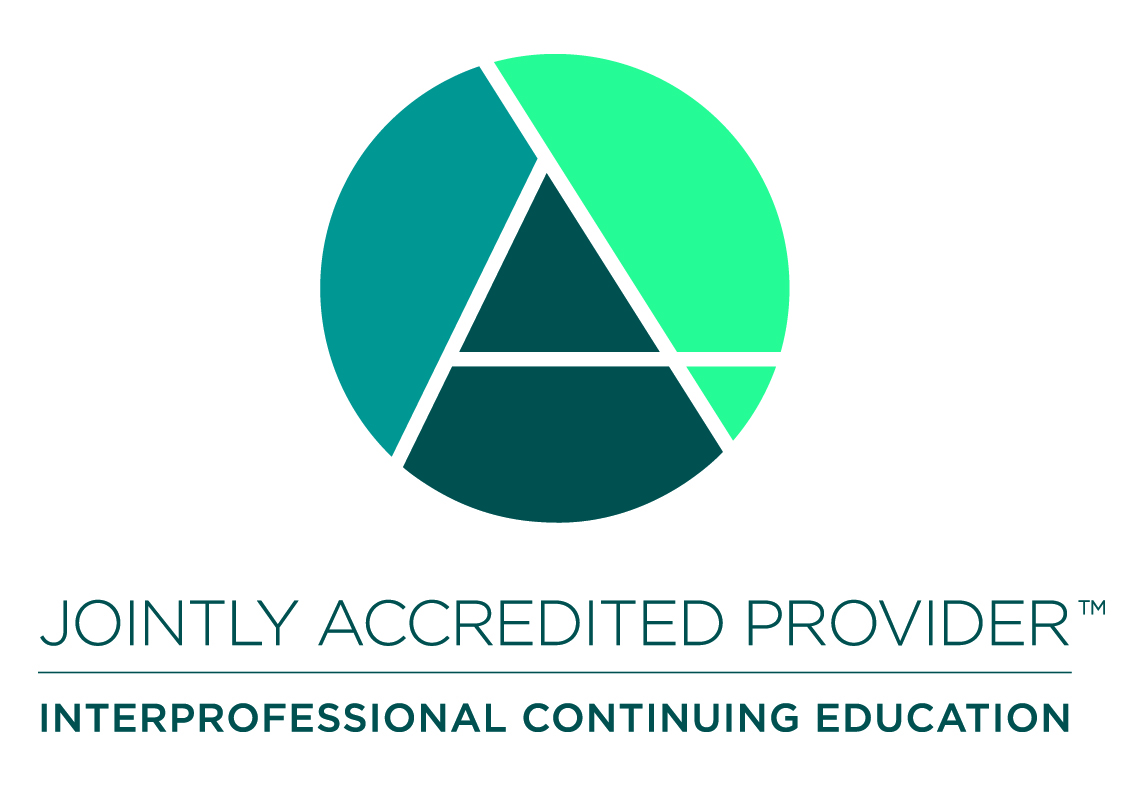
0384_ABSMC_Introduction to the Iowa Model for Evidence-Based Practice_Live_ 8/12/2024
Description:
The Iowa Model is a widely used framework for the implementation of evidence-based practice (EAP). This 3-hour course will introduce learners to (EAP) and the Iowa Model. Having knowledge of EBP and its implementation strategies are critical skills for nurses to promote the delivery of safe, effective, and quality care. Throughout the course, learners can apply their knowledge through hands-on demonstrations, small group work, and a case study.
Target Audience
Nurse, Registered (RN)
Other Healthcare Professionals
Learning Objectives
After attending this course learners will be able to:
1. Summarize the principles and importance of evidence-based practice in nursing
2. Differentiate the key steps of the Iowa Model of EBP.
3. Apply the Iowa Model to a real-world clinical scenario
Assembly Bills 1195 & 241- Culturally Appropriate Care which is Free of Implicit Biases:
Learners are strongly encouraged to engage in self-directed learning related to the impact of implicit biases in this clinical area via the references provided below:
Social Determinants of Health (SDOH)/Cultural or Linguistic Considerations:
- Braveman, P., Egerter, S., & Williams, D. R. (2011). The social determinants of health: Coming of age. Annual Review of Public Health, 32, 381-398.
- Marmot, M., & Wilkinson, R. G. (2005). Social Determinants of Health. Oxford University Press.
- McClurg, C., Jones, D., & Hart, A. (2018). Addressing social determinants of health: Opportunities to improve the health of CAUTI patients. Journal of Urology Nursing, 12(4), 197-203.
Implicit Bias:
- Hall, W. J., Chapman, M. V., Lee, K. M., Merino, Y. M., Thomas, T. W., Payne, B. K., Eng, E., Day, S. H., & Coyne-Beasley, T. (2015). Implicit racial/ethnic bias among health care professionals and its influence on health care outcomes: A systematic review. American Journal of Public Health, 105(12), e60-e76.
- Sabin, J. A., & Greenwald, A. G. (2012). The influence of implicit bias on treatment recommendations for 4 common pediatric conditions: Pain, urinary tract infection, attention deficit hyperactivity disorder, and asthma. American Journal of Public Health, 102(5), 988-995.
- FitzGerald, C., & Hurst, S. (2017). Implicit bias in healthcare professionals: A systematic review. BMC Medical Ethics, 18(1), 19

Disclosure of Financial or In-Kind Commercial Support & Conflict of Interest
No one involved in the planning or presentation of this educational activity have any relevant financial relationship(s) to disclose with ineligible companies whose primary business is producing, marketing, selling, re-selling, or distributing healthcare products used by or on patients. No financial or in-kind commercial support was received to produce or promote this educational activity.
– Provider Designee/Verification: Kerri Maya, MSL, RN
Accreditation

In support of improving patient care, Sutter Health, is jointly accredited by the Accreditation Council for Continuing Medical Education (ACCME), the Accreditation Council for Pharmacy Education (ACPE), and the American Nurses Credentialing Center (ANCC), to provide continuing education for the healthcare team.
Credit Designation Statement
Sutter Health designates this LIVE activity for a maximum of 3.0 continuing professional development contact hours for nurses. Learners should claim only the credit commensurate with the extent of their participation in the activity.
Note to Other Disciplines: AMA PRA Category 1 Credits HOURS™ Continuing Medical Education is acceptable for meeting the continuing education requirements for Pharmacists, Physician Assistants, Psychologists, Registered Nurses, and Respiratory Care Practitioners. For other disciplines, please check with the regulatory board for your discipline to confirm what type of credits meet the continuing education requirements. Continuing education hours for nurses accredited by ANCC, via Joint Accreditation.
Attendance & Credit Claiming
Please enter the six-letter attendance code when prompted in the Attendance course object for the class date which you enroll in.
Enrollment Instructions
**ATTENTION** - YOU MUST ENROLL IN BOTH THE PROGRAM AND THE CLASS DATE THAT YOU PLAN ON ATTENDING. PLEASE REVIEW THE SCREENSHOT BELOW FOR A PICTORIAL OF THIS PROCESS.
This course has two classes to choose from:
- In-person class on 8/6/24
- In-person class on 8/12/24
In order to advance in this course, you will need to select the overall course and specific class date that you wish to be shown on your transcript. This step is accomplished by placing a checkmark in the box next to the course (shown in black) and the correct tract (shown in teal) before clicking on "Enroll" as shown in the picture below.
Please note: You will at this point be locked out of selecting alternate class dates. As such the "Take Course" button will be blacked out and does not apply on this page.
Insert picture
Next, click on the teal hyperlink for the class date you are enrolled in to begin the course.
Insert picture

 Facebook
Facebook X
X LinkedIn
LinkedIn Forward
Forward